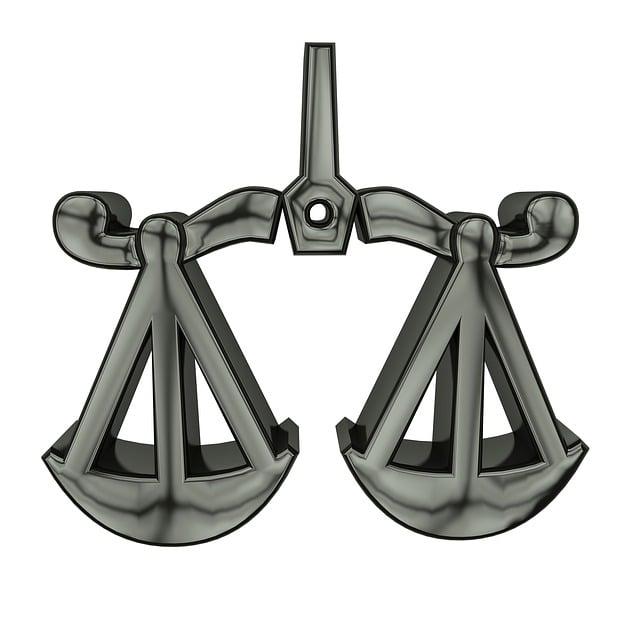The RF Securities Industry Regulation Framework is a vital system for maintaining market integrity through laws and oversight to prevent financial crimes like fraud and insider trading. By enforcing strict controls, audits, and ethical conduct, regulators protect investors and institutions, fostering trust. Advanced technologies and staff training detect misconduct, while expert legal representation navigates penalties and defenses, ensuring compliance and mitigating severe consequences of violations.
The RF securities industry is subject to stringent regulation, aiming to protect investors and maintain market integrity. This article delves into the intricate framework governing RF securities, offering a comprehensive guide for navigating compliance and risk mitigation strategies. We explore effective methods to detect and prevent violations, highlighting legal perspectives on enforcement actions. By understanding these key aspects, market participants can defend against financial regulation violations, ensuring long-term sustainability and trust in the industry.
- Understanding RF Securities Industry Regulation Framework
- Strategies for Compliance and Risk Mitigation
- Detecting and Preventing Violations Effectively
- Consequences & Enforcement Actions: A Legal Perspective
Understanding RF Securities Industry Regulation Framework

The RF Securities Industry Regulation Framework is a complex yet critical system designed to maintain integrity and fairness in financial markets. It encompasses a set of laws, rules, and oversight mechanisms aimed at defending against Financial Regulation Violations, particularly those involving white-collar and economic crimes. This framework plays a pivotal role in ensuring the stability and transparency of investment activities across the country.
Regulatory bodies, through stringent supervision and enforcement, monitor market participants to prevent fraudulent practices, insider trading, and other illicit behaviors. The emphasis on robust oversight is driven by the potential for high-stakes cases that can significantly impact investors, financial institutions, and even the broader economy. By holding firms accountable and promoting ethical conduct, this regulation framework fosters a climate of trust, ensuring investors’ confidence in the markets’ integrity.
Strategies for Compliance and Risk Mitigation

In today’s highly regulated financial landscape, the RF Securities Industry faces constant scrutiny to defend against financial regulation violations. Effective strategies for compliance and risk mitigation are paramount to navigating this complex environment. Companies must implement robust internal controls, conduct regular audits, and foster a culture of ethical behavior to minimize potential infractions. By staying ahead of regulatory changes and adhering to best practices at all stages of the investigative and enforcement process, firms can build an unprecedented track record of compliance.
Moreover, engaging with philanthropic and political communities can enhance transparency and accountability. Proactive measures, such as industry-wide discussions and collaborative efforts, contribute to a more robust regulatory framework. This approach not only mitigates risks but also fosters trust among stakeholders, ensuring the longevity and integrity of the RF Securities Industry in the face of evolving regulatory demands.
Detecting and Preventing Violations Effectively

In the RF Securities Industry, effective regulation is key to maintaining integrity and consumer trust. Detecting and preventing violations require robust systems and strategies tailored to identify potential misconduct. Advanced data analytics and surveillance tools play a pivotal role in uncovering hidden patterns or anomalies indicative of regulatory breaches. By employing cutting-edge technologies, financial institutions can stay ahead of evolving scams and manipulation tactics. Moreover, continuous training and education for staff on the latest regulatory guidelines are essential to fostering a culture of compliance.
When violations do occur, a swift and decisive response is crucial. Defending against financial regulation violations often involves high-stakes cases, requiring legal expertise and an unprecedented track record of success. Expert attorneys specializing in securities law can guide institutions through complex jury trials, ensuring they remain accountable while protecting their interests. This strategic approach balances the need for stringent enforcement with fair processes, ultimately contributing to a more robust and resilient financial sector.
Consequences & Enforcement Actions: A Legal Perspective

The consequences of violating financial regulations within the RF Securities Industry can be severe. Legal enforcement actions often include substantial fines, legal costs, and potential reputational damage. Regulatory bodies have the power to investigate and penalize entities for misconduct, with penalties tailored to the severity of the infraction. Defending Against Financial Regulation Violations is a critical aspect of risk management for any firm within this industry. Skilled legal representation can help navigate complex regulatory landscapes, ensuring compliance and providing a winning challenging defense verdicts for his clients.
Expert legal counsel plays a pivotal role in guiding firms through enforcement actions, offering strategic advice to mitigate risks. By understanding the respective business’s obligations and potential pitfalls, lawyers can develop comprehensive defensive strategies. This proactive approach allows businesses to address regulatory concerns head-on, fostering a culture of compliance and ultimately enhancing their standing in the market.
The regulation of the RF securities industry is a complex yet essential framework designed to protect investors and maintain market integrity. By understanding this regulatory landscape, firms can implement robust strategies for compliance and risk mitigation. Effective detection and prevention of violations are key to upholding legal standards and avoiding severe consequences. In today’s dynamic financial environment, staying vigilant and proactive in defending against potential regulation breaches is crucial for the industry’s sustainability and investor trust.






